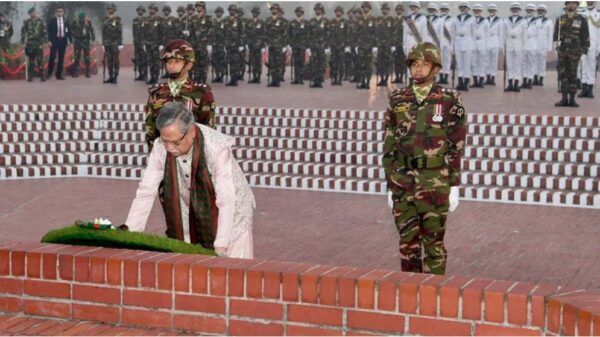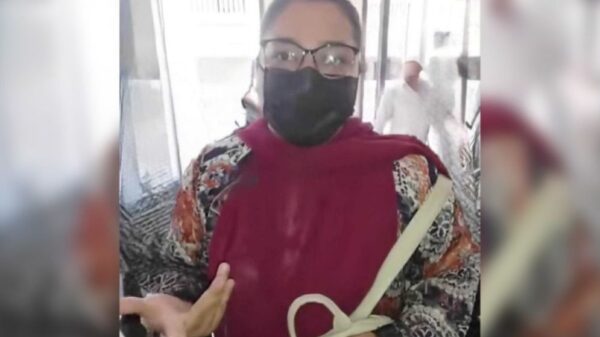Staff Reporter:
While the social media platform is still officially restricted in Bangladesh, Facebook is seeing a “red tide” as an overwhelming number of students and many people in the country are changing their profile pictures with red images.
The government had earlier announced that mourning day would be observed nationwide on Tuesday (July 30, 2024) to honor those who died during the violence surrounding the student protests for quota reform. The decision came at a cabinet meeting on Monday. In accordance, government officials and many others wore black badges.
However, this decision was met with opposition from protesting students, who rejected the gesture as “dismissive of their struggle.”
After the announcement of mourning day, Mahin Sarker, a coordinator of the Anti-discrimination Stu-dents’ Movement, published a video statement.
“Without addressing the mass killings and oppression committed by the state, they are mocking students every day. In protest of this, to achieve the students’ demands, we request a nationwide campaign on Tuesday where participants will cover their faces and eyes with red cloth and take photos, which will be widely circulated online. Our symbol is red, as the symbol of rebellion. We urge students and our coun-trymen to take part in this campaign,” he said.
Abdul Hannan Masud, another coordinator, added, “We consider the government’s decision to observe mourning day a mockery. Students boycotted their black badge program.”
In solidarity, people from various sections like students, teachers, doctors, journalists flooded social me-dia with red profile pictures, using hashtags such as #RedforJustice, #RedforVictims, #StudentsInRed, #RedAgainstOppression, #BloodOnTheirHands, and #JulyMassacre.
A student from the University of Dhaka wrote, “Red is my love, blood, resistance, and revolution. A protest against mass killing and mass arrest.”
People updated their profile pictures with captions such as: “Red is the color of blood,” “Red is the color of rebellion,” “Not the black of grief, but the red of betrayal,” and “Come next Spring, we will be twice as many.”











































